Inspiration to do good things often comes from unexpected places.
For Eric Larson, MD, it was his 17-year-old daughter Hannah who inspired him to plan a trip to Kigoma, Tanzania, where he treated patients and screened schoolchildren over 2 weeks.
“We were in the kitchen and my daughter said, ‘Hey, I want to go to Africa and work with the school kids there,’” said Dr. Larson, whose church sponsors children to go to school in Kigoma. “I said, ‘That’s great, but you can’t go alone. I’m coming with you.’ Then we started thinking, ‘what can we do on the medical side?’”
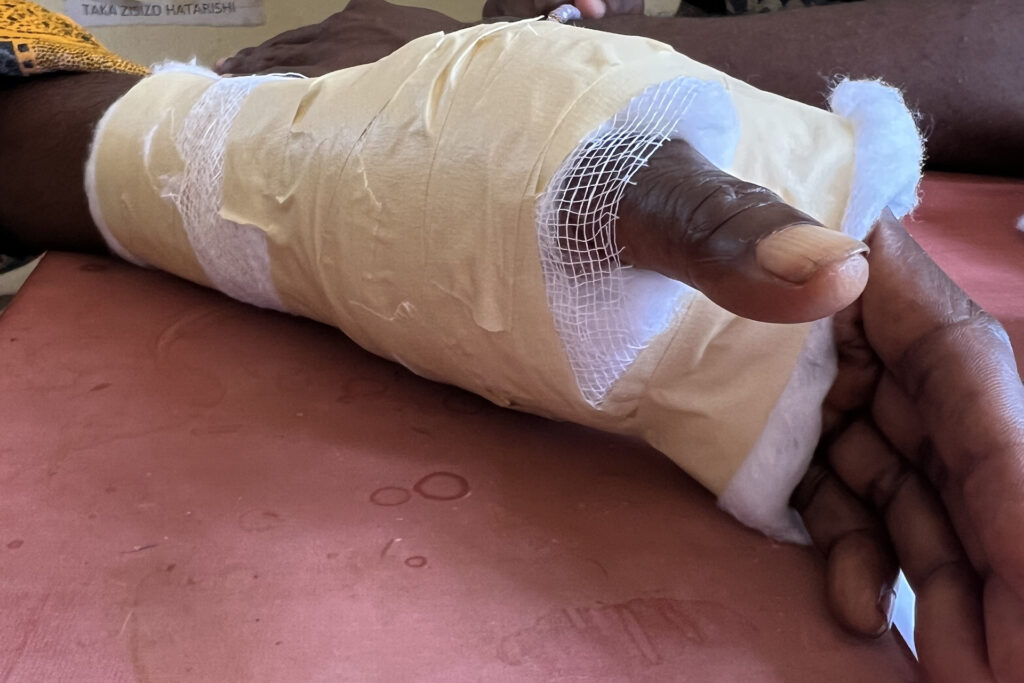
Dr. Larson and his daughter teamed up with 2 family friends, a Stockton, California, nurse practitioner and a speech therapist, to organize the trip. With the help of an African physician and a nurse, they decided to screen and treat children at a local school for one week, followed by a week of seeing patients at a remote clinic about an hour outside Kigoma.
What Dr. Larson encountered in Kigoma — malaria, children with very poor vision, intestinal parasites, worms, and skin fungus — was very different from his work as the sub-chief of Sports Medicine at Kaiser Permanente in Stockton. And it allowed him to see up front the differences between the first world and the developing world.
Visit reveals differences in health needs
“The big difference I noticed between America and Tanzania is that in America we have many diseases of overabundance such as obesity, hypertension, and diabetes, whereas in Tanzania they have diseases like parasites and worms that come from not having clean water or proper sanitation,” Dr. Larson said.
Shocking too was the fact that most people he encountered with poor vision did not have eyeglasses.
“When I asked a little girl at the school where we were screening people what she needed, she told me in a tiny voice: ‘I can’t see,’” Dr. Larson recounted. “It broke my heart. And I realized there is so much more to do.”
Now he is on the lookout for a portable vision screening machine he can bring back to Kigoma that he can use to diagnose eye problems, then have prescription eyeglasses shipped to people who need them.
150 patients a day
During the second week in Kigoma at the medical clinic, word spread that an American doctor was in town to treat anyone who asked.
“The line would get longer every day we were there with people coming from miles and miles away, so we ended up seeing 100 to 150 people every day,” said Dr. Larson.
Not having the full arsenal of supplies at his fingertips as he is used to in America, Dr. Larson had to improvise for some treatments, like a partially healed broken arm he treated for a woman who had suffered a fall.
“We didn’t have casting material, so I found a water bottle, cut it lengthwise, lined it with cotton and used it as an immobilization splint around her wrist,” he said. “And then I wrapped it up with masking tape.”
Never having participated in a medical mission, Dr. Larson said the experience not only opened his eyes to the extreme hardships people face in some parts of the world, but also to their resilience. His emotional takeaway from the experience was multi-layered and transformational.
“Now I think about the world differently,” said Dr. Larson. “I think how fortunate we are that we don’t have to be concerned with clean water or food. And my daughter and I discovered that this is a way we can love and care for others and have a love for humanity in a different way outside our daily lives.”
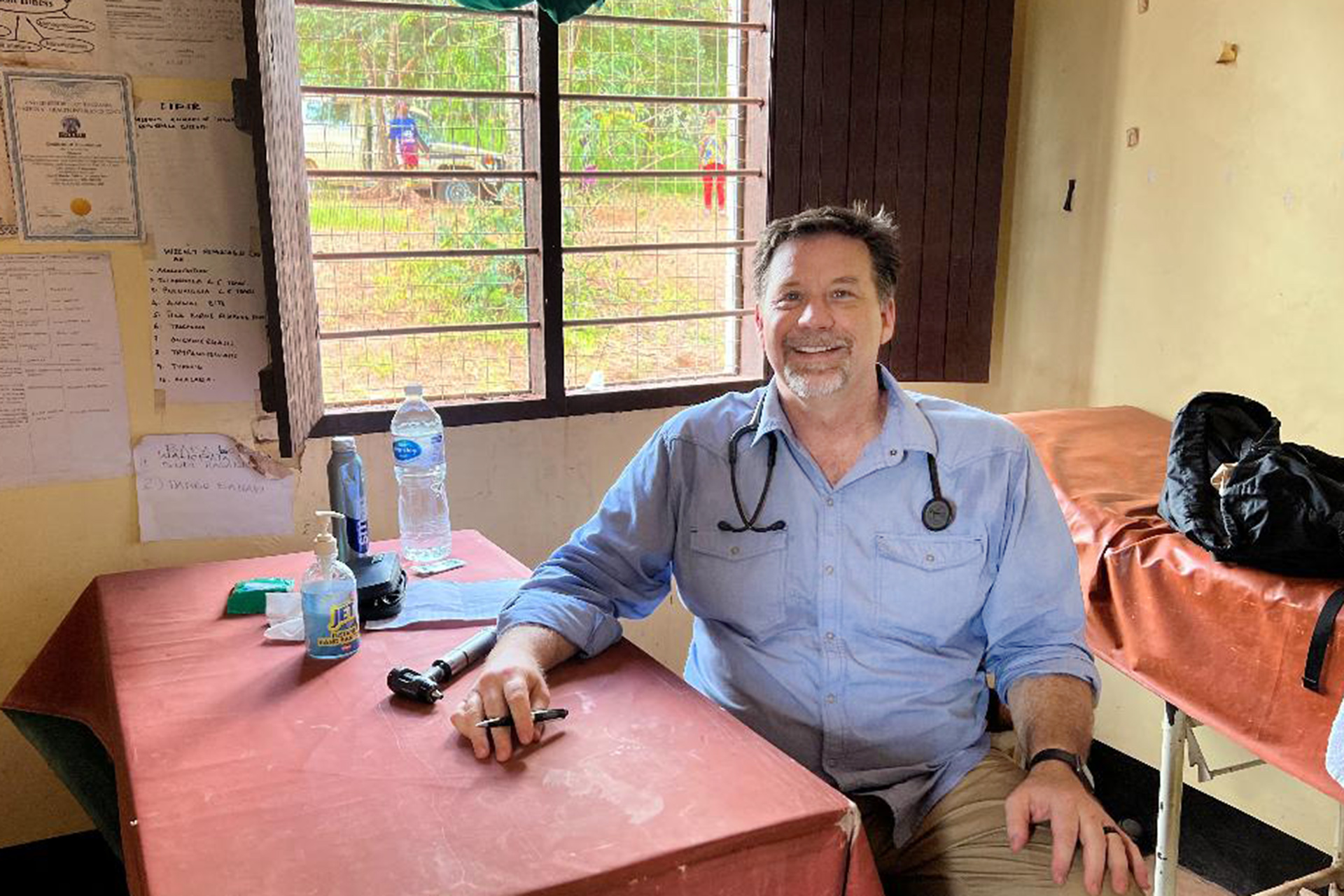
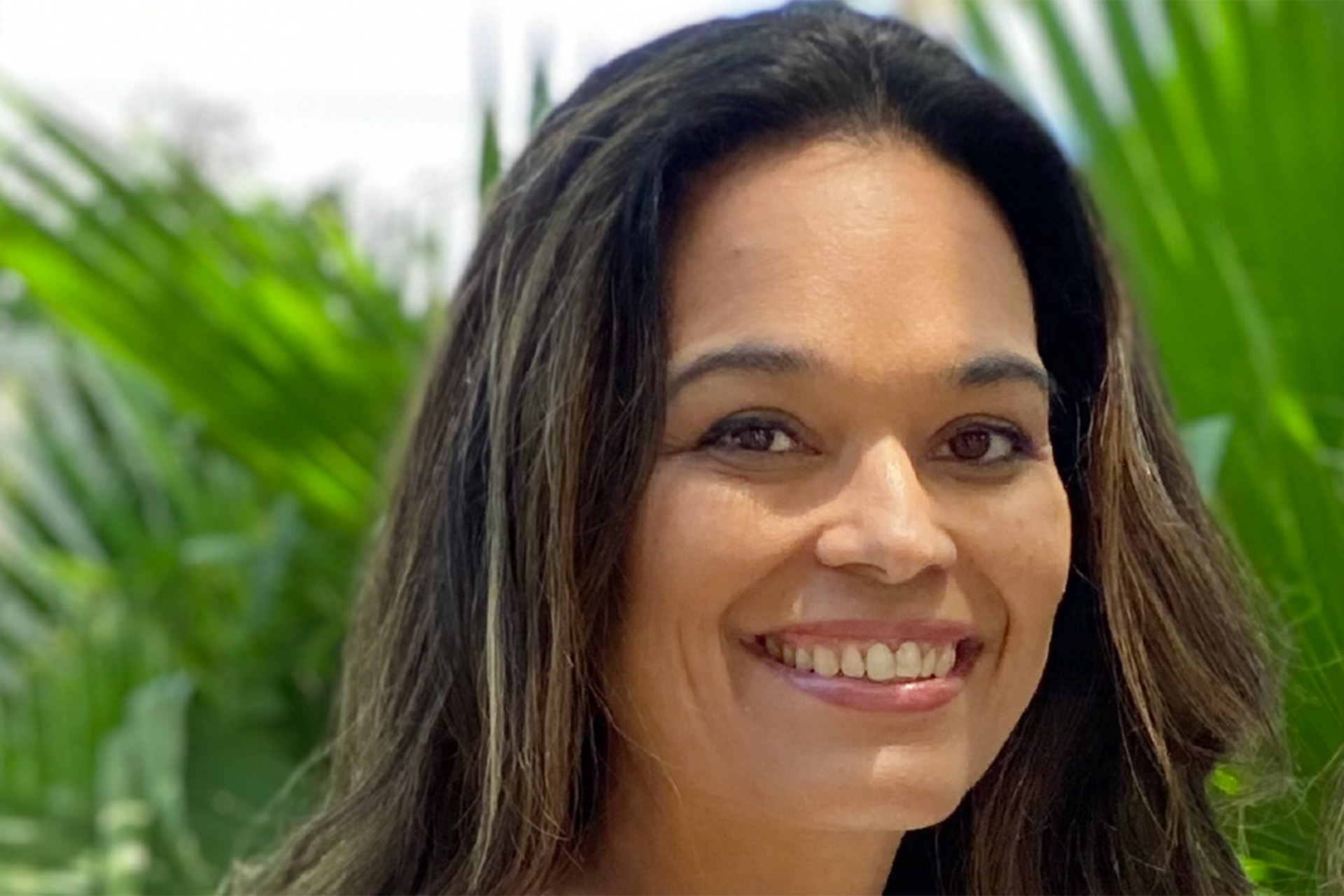
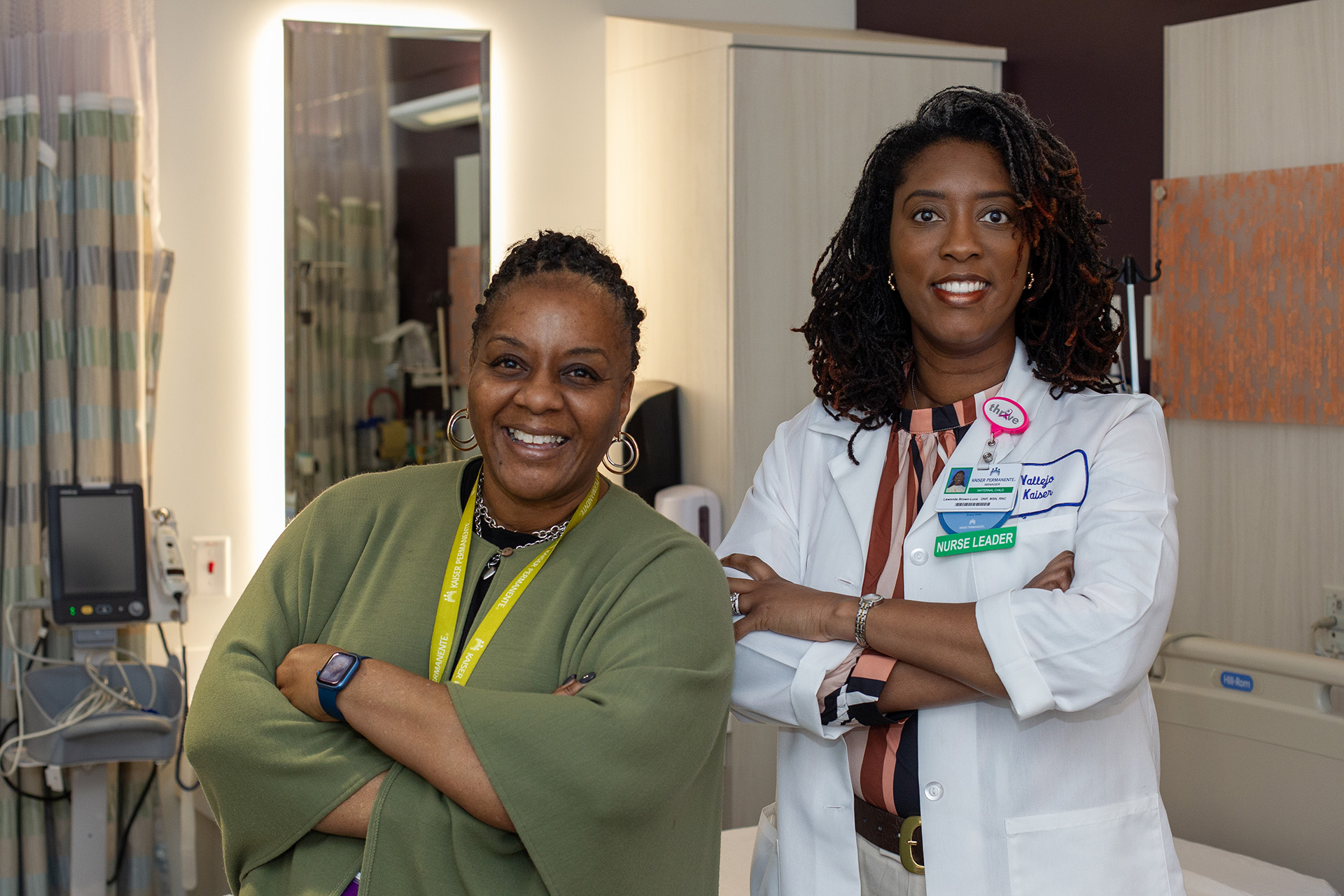
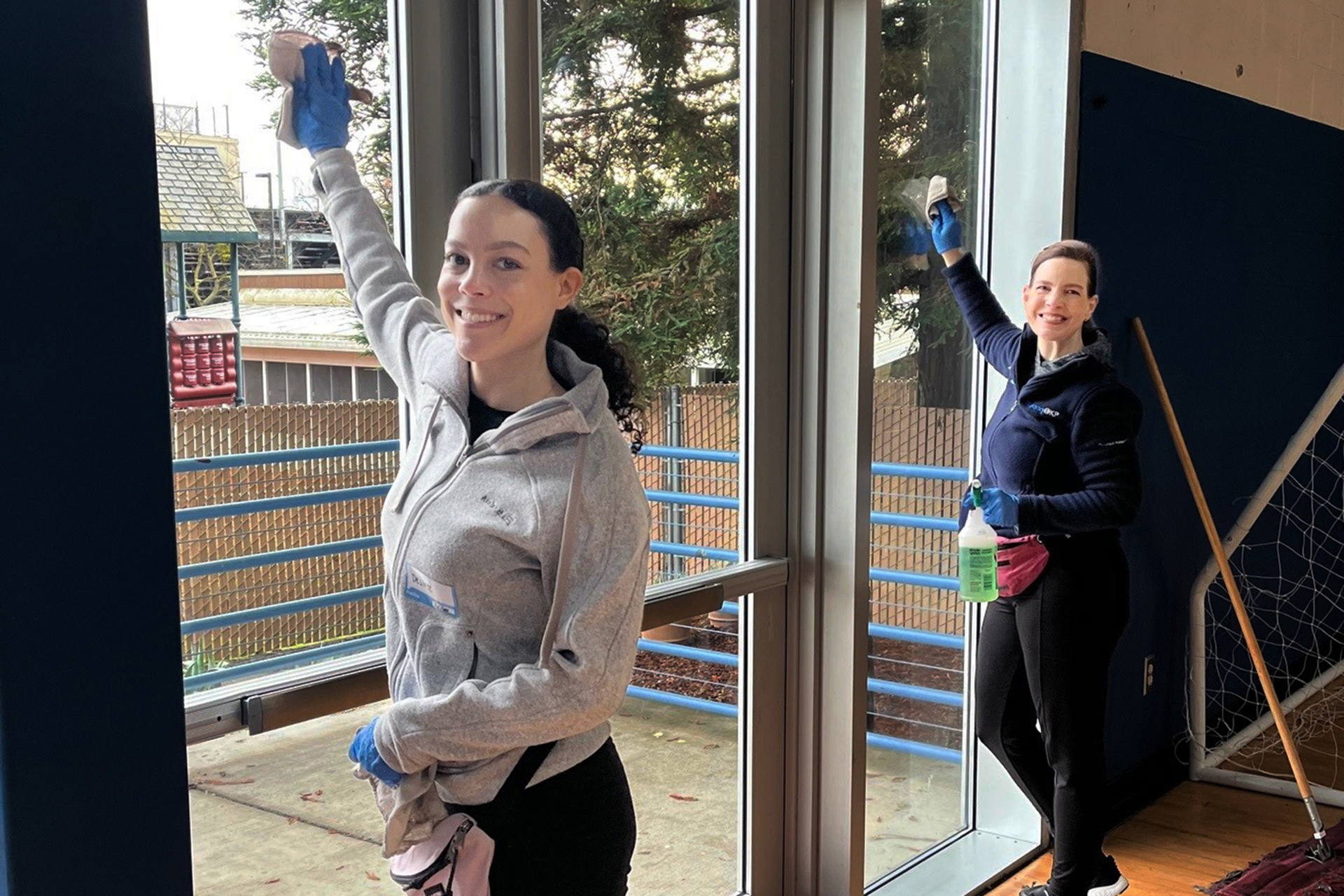
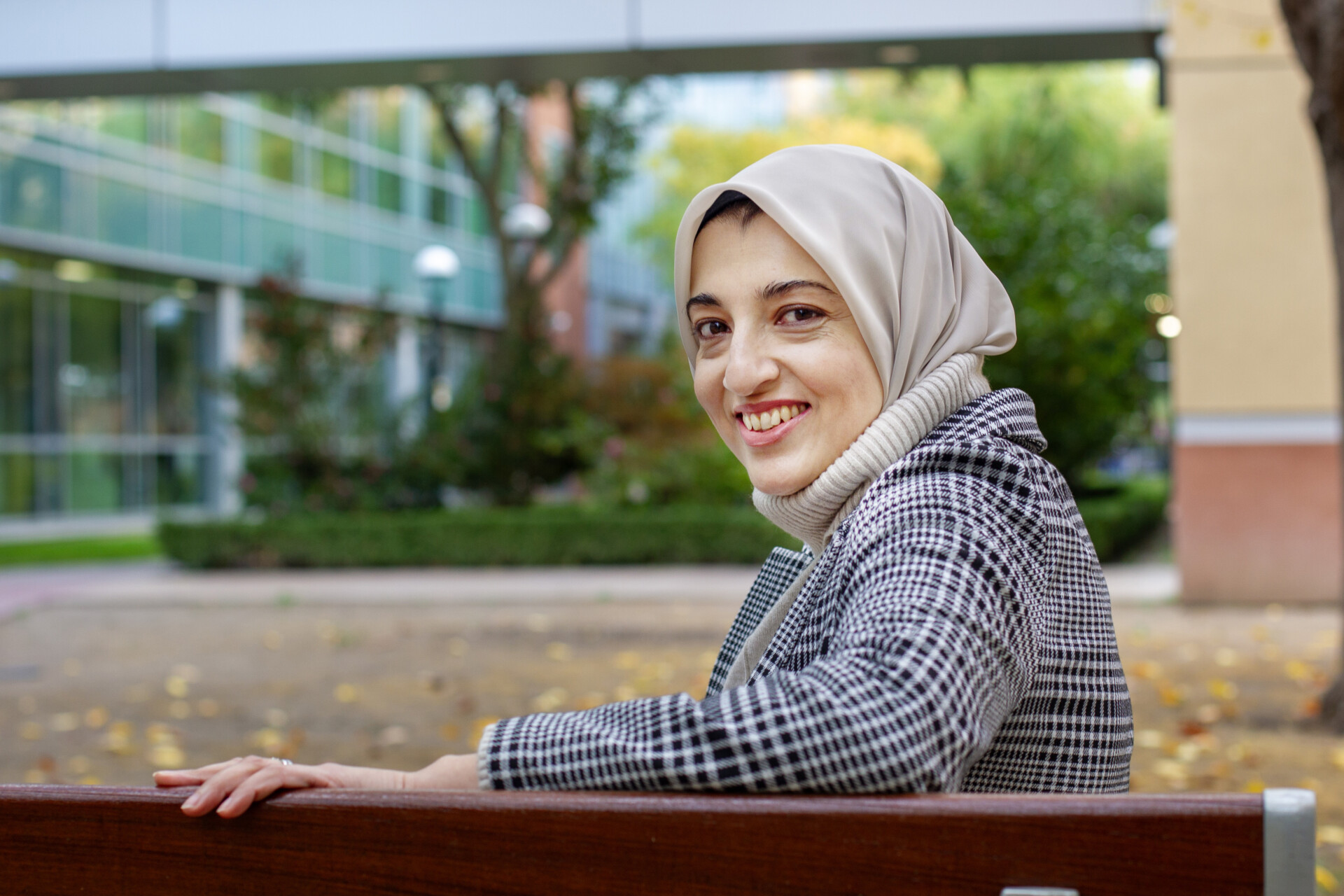
This Post Has 3 Comments
Thank you for sharing your experience and ingenuity with limited resources. Would love to see how we can team up and support a future trip with our vision services in particular.
wow! what an experience and what big heart you all have! Thank you.
Thank you for your Labor of LOVE, may the seeds you planted continue to bless the people of Kigoma, Tanzania…appreciate hearing and reading you and your daughter’s story.